Bangalore, once celebrated as the “City of Lakes,” boasted over 1,000 lakes and tanks in the 19th century, interconnected through a sophisticated network of canals that smartly managed monsoon flows and water security. These water bodies were not only a source of drinking water and irrigation but also vital to sustaining local flora and fauna.
E Kere Nammadu
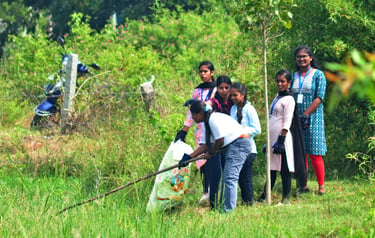

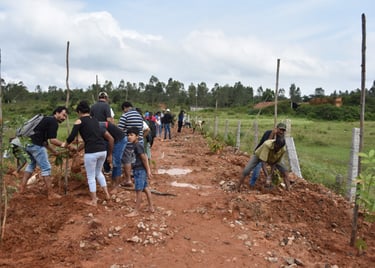

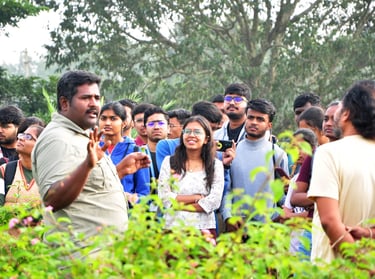

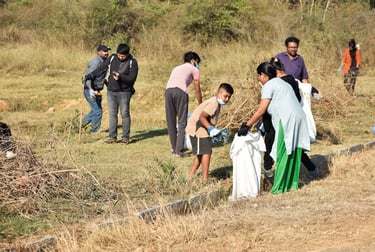

Today, less than 200 lakes remain identifiable, and only around 80 are considered ecologically functional. Many have been lost to urban development, converted into bus stands, sports complexes, housing layouts, and commercial zones. The remaining lakes face severe challenges including:
● Sewage inflow and solid waste dumping
● Loss of catchment and buffer zones
● Encroachment and illegal construction
● Declining water quality and biodiversity
Lakes are inland bodies of standing water, formed naturally or created artificially, and are among the most vital freshwater ecosystems on Earth. They act as ecological buffers, supporting biodiversity, recharging groundwater, regulating microclimates, and serving as reservoirs for water storage. Lakes also offer social, cultural, and recreational benefits to local communities. Their health is a direct reflection of the environmental sustainability of the region they inhabit.
However, lakes are extremely sensitive to human activities. Pollution, encroachment, and unsustainable land-use practices can degrade them rapidly. Despite their crucial role, lakes in urban settings have been neglected for decades, threatening both ecological balance and human well-being.
Restoring lakes is not a matter of aesthetics or nostalgia—it is a climate and water security imperative. Bangalore faces erratic rainfall patterns, declining groundwater levels, and frequent urban flooding. Healthy lakes can directly address these crises by:
● Recharging aquifers and securing drinking water sources
● Absorbing excess rainwater and reducing flood risk
● Creating urban biodiversity hotspots
● Improving air quality and reducing temperatures
● Providing community spaces for recreation and education
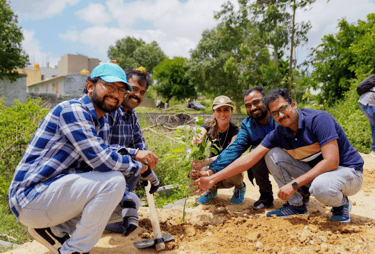

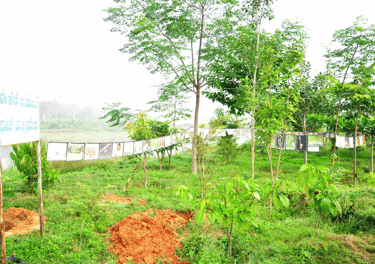

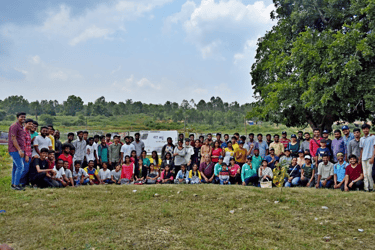

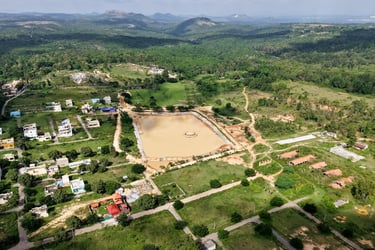

Moreover, restored lakes build climate resilience for the city and revive traditional ecological knowledge. Lake rejuvenation is an opportunity to restore not just waterbodies, but also the lost connection between people and nature.
Recent studies also show that over 90% of lakes in Bangalore receive untreated sewage, leading to eutrophication, fish kills, and health hazards for nearby communities.
Related Projects
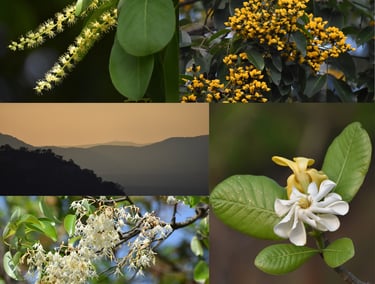

VANASUMA
Kannada field guide to Bannerghatta's wild flowering tree diversity.
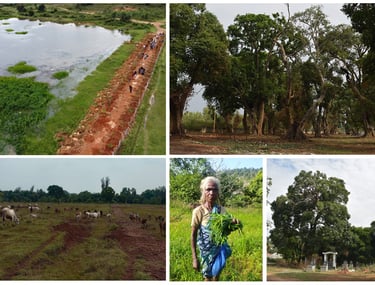

RECLAIMING COMMONS
Protecting peri-urban commons through community involvement, education, and conservation action.
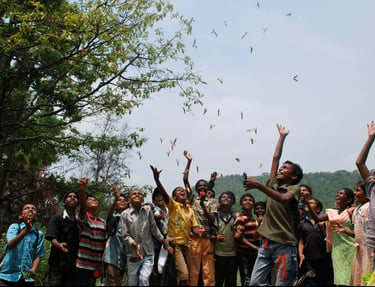

VANYA VIJNANA
WCG’s flagship program fostering nature education through immersive, experiential learning.






Wildlife Conservation Group
Adavi Field Station (AFS), Ontemarana doddi village, Ragihalli post, Anekal taluk, Bengaluru - 560083.
(+91) 9483996832, 9008261066
Copyright © 2025 Wildlife Conservation Group.
All rights reserved.


Contact Us
